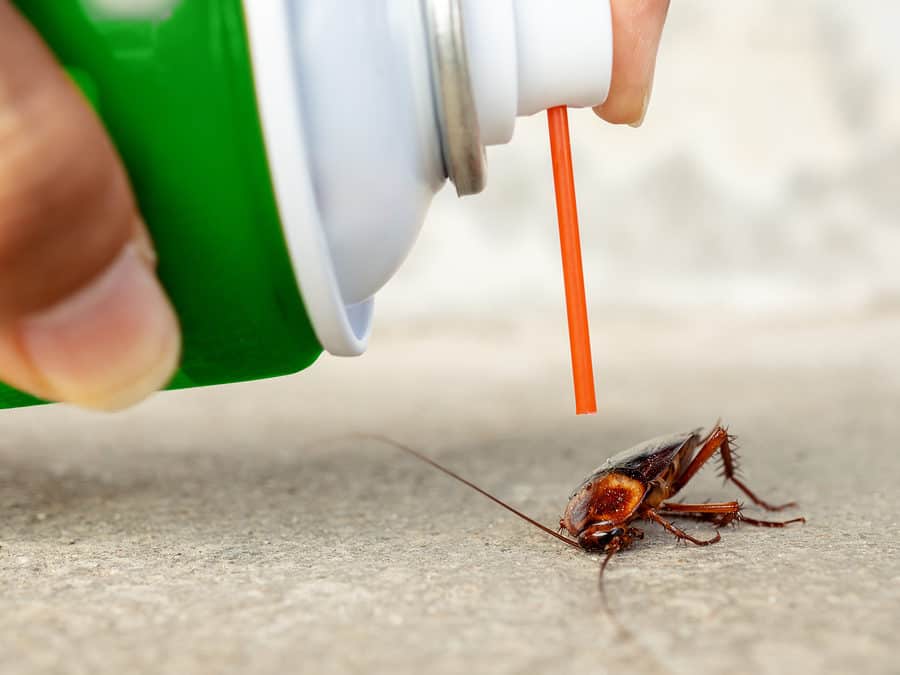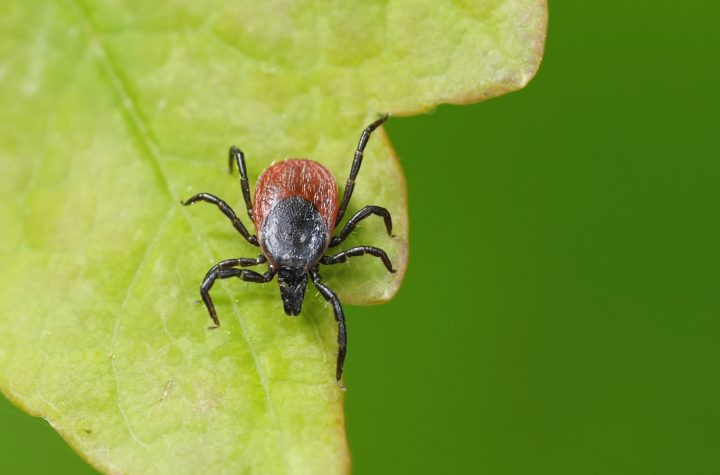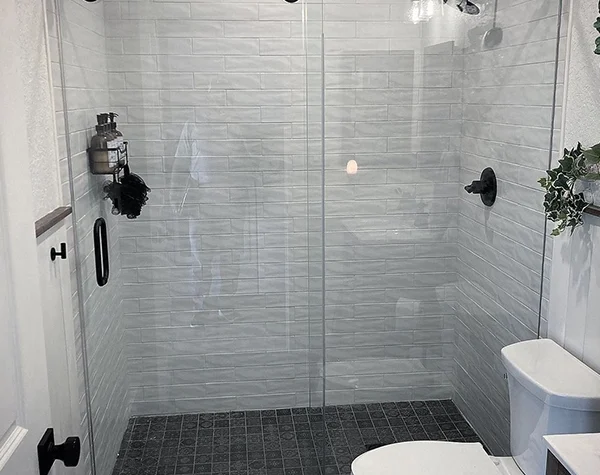
Introduction
In today’s world, an increasing number of people are embracing sustainable practices in all aspects of life, and pest control is no exception. As awareness of environmental issues grows, more homeowners and businesses are seeking eco-friendly alternatives to traditional pest control methods. This article explores sustainable pest control options that prioritize environmental responsibility, human health, and the well-being of non-target organisms. By adopting these green approaches, we can contribute to a greener future and a healthier planet.
Habitat Modification for Pest Prevention
A fundamental principle of sustainable pest exterminator vancouver bc is to prevent infestations in the first place. Habitat modification involves altering the environment to make it less hospitable to pests. Some key practices include:
- Water management: Prevent standing water around your property, as it attracts pests like mosquitoes and rodents.
- Mulching: Use organic mulch to discourage weed growth and reduce the appeal of certain pests.
- Plant selection: Opt for pest-resistant plant varieties and native species that require fewer pesticides.
- Companion planting: Cultivate plants that naturally repel pests or attract beneficial insects.
Physical Barriers and Traps
Using physical barriers and traps is an eco-friendly method to control pests without resorting to chemical solutions. Some effective options include:
- Mesh screens: Install window screens and door sweeps to keep flying insects out of your home.
- Seal cracks and crevices: Prevent pests from entering your living spaces by sealing openings in walls and foundations.
- Sticky traps: Use non-toxic sticky traps to catch crawling insects like spiders and ants.
- Pheromone traps: These traps use synthetic insect pheromones to attract and trap specific pests without harmful chemicals.
Biological Pest Control
Biological pest control involves using living organisms to control pest populations. This approach is highly sustainable and does not harm the environment. Examples of biological control include:
- Predatory insects: Introducing natural predators like ladybugs, praying mantises, or nematodes that feed on pest species.
- Parasitoids: These beneficial insects lay eggs inside or on pests, ultimately killing them.
- Bacteria and fungi: Certain microorganisms can infect and kill specific pests, acting as natural biopesticides.
DIY Eco-Friendly Pest Control Remedies
Many household items can serve as eco-friendly pest control remedies. Some common DIY options include:
- Vinegar solution: A mixture of water and vinegar can act as an effective repellent for ants, flies, and other insects.
- Garlic and pepper spray: Blend garlic and hot peppers with water to create a natural insect repellent.
- Beer trap for slugs: Bury a container in the ground and fill it with beer to attract and trap slugs.
- Coffee grounds: Sprinkle coffee grounds around plants to deter pests like snails and ants.
Seek Professional Eco-Friendly Pest Control Services
While DIY approaches can be effective for minor pest problems, severe infestations may require professional assistance. Opt for pest control companies that prioritize eco-friendly and sustainable practices. Many eco-conscious pest control services offer green alternatives that are safe for the environment, your family, and pets.
Conclusion
The transition towards sustainable pest control practices is an essential step in creating a greener and healthier future. By implementing habitat modifications, using physical barriers, adopting biological control methods, and exploring DIY eco-friendly remedies, we can effectively manage pests without compromising the environment or our well-being. Additionally, when professional help is needed, choosing eco-friendly pest control services aligns with the goal of protecting the planet while maintaining a pest-free living environment. Let us all contribute to a more sustainable world by making eco-friendly choices in pest control and beyond.






More Stories
Mira Home’s Guide: Safe Pest Control Practices for Families with Babies
Tick-Proof Your Yard: Landscaping Tips That Keep Ticks Away
Comparing Glass Types for Pocatello Home Renovation Projects